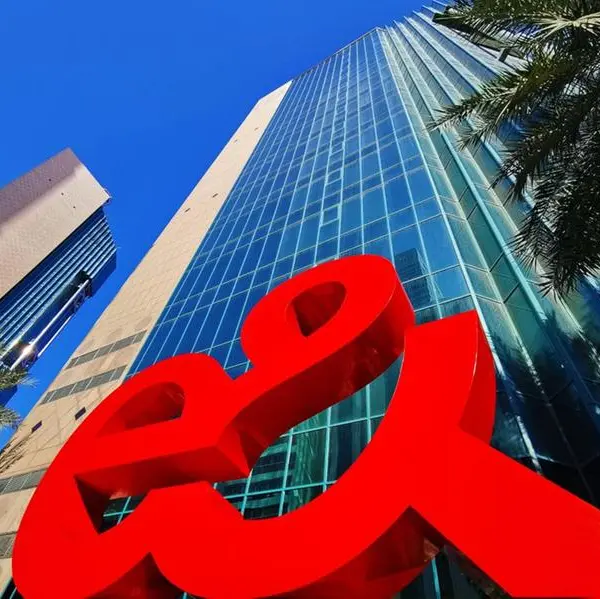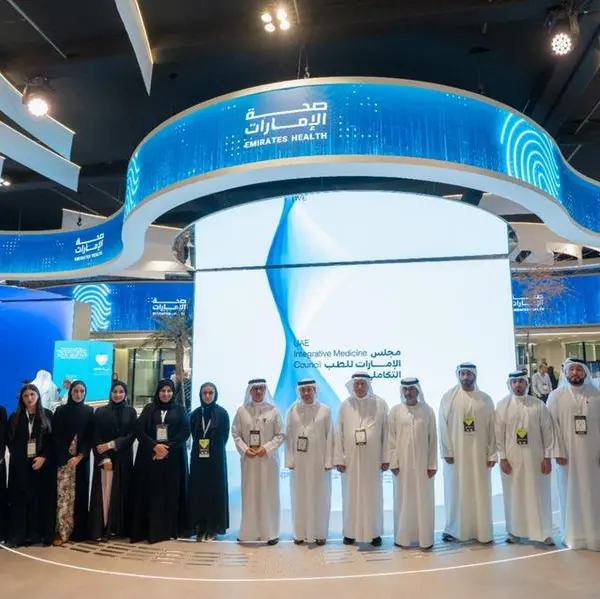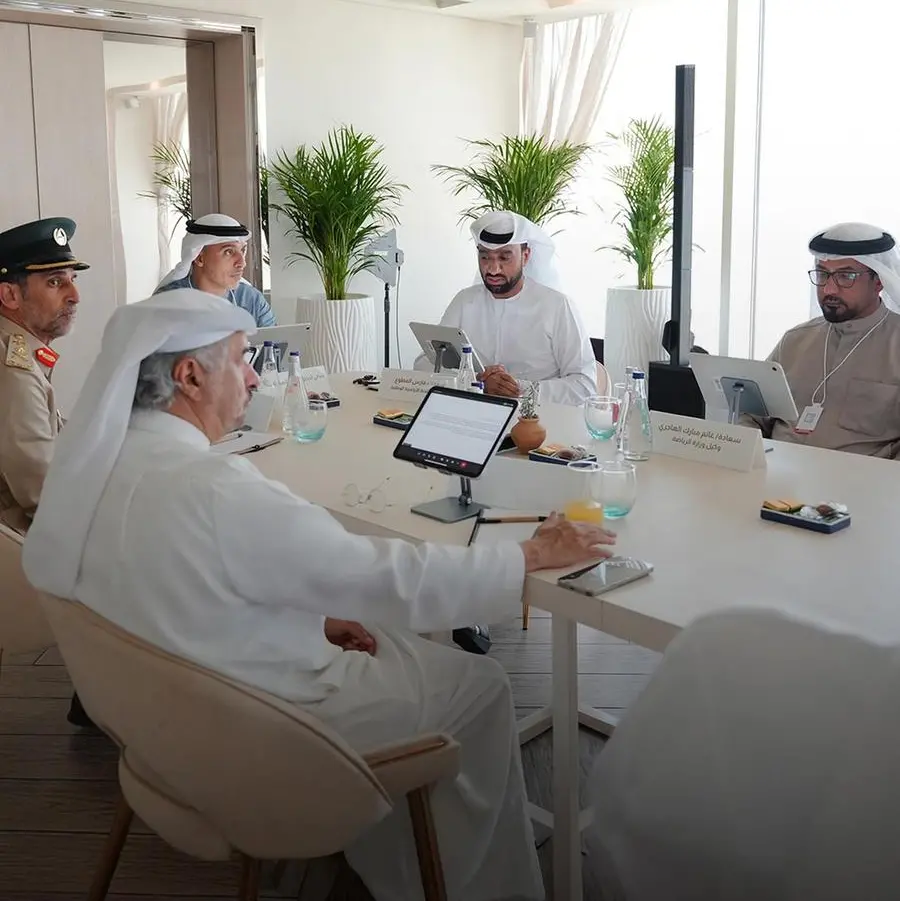- Global digital payments business will jump from US$4.4 trillion in 2020 to US$8.26 trillion in 2024, according to Statista.com, a global market intelligence provider;
- In 2024, the digital commerce sale value will exceed US$4.11 trillion while Mobile POS payment will jump to US$4.15 trillion;
- In the Mobile POS Payments segment, the number of users is expected to amount to 1.74 billion by 2024. The number of users of the digital commerce channels will exceed 4.63 billion;
- A survey by global digital payments leader, Visa, showed 92 percent of the businesses surveyed in the UAE are shifting their business online, compared to 74 percent globally.
Dubai, UAE: Covid-19 pandemic is encouraging businesses to deploy innovative technologies that will boost contactless transactions to nearly double the digital payments business from US$4.4 trillion in 2020 to US$8.26 trillion in 2024, according to research by Statista, a global market intelligence provider.
Of this US$2.92 trillion are in digital commerce and US$1.47 trillion worth of transactions will take place in the Mobile Point-Of-Sale (POS) payment channels this year. In 2024, the digital commerce sale value will exceed US$4.11 trillion while Mobile POS payment will jump to US$4.15 trillion.
In the Mobile POS Payments segment, the number of users is expected to amount to 1.74 billion by 2024. The number of users of the digital commerce channels will exceed 4.63 billion, the report says.
Businesses and retailers are shifting from brick-and-mortar to the digital space faster following the Covid-19 pandemic, officials and experts said at a virtual roundtable on Intelligent Retail Marketing organised by RetailME, the region’s only dedicated market intelligence provider in the retail sector.
According to Visa’s Back to Business study, 92 percent of the businesses surveyed in the UAE are shifting their business online or increasing its online presence, compared to 74 percent globally.
“More than 90 percent of the UAE consumers say they would switch to a new store that accepted contactless payments, compared to 63 percent globally,” Kalika Tripathi, Head of Marketing for the MENA Region, Visa, told audiences at the webinar.
“In fact, almost three in four or 72 percent of UAE consumers surveyed wouldn’t shop at a store that only offers payment methods that require contact with a cashier or other shared device, compared to 48 percent globally. More than 90 percent of UAE consumers surveyed have made changes to the way they pay for items due to Covid-19, primarily shopping only online when possible (59%), using contactless payment (52%) and not using cash as much (40%), compared to 78 percent globally.”
Consumer behaviour in the GCC countries has seen a drastic shift towards online payment following the outbreak of the Covid-19 pandemic.
“This says a lot about the consumer mindset. Digital payment experiences – especially contactless and eCommerce – are what consumers need and want right now. And as they experience the convenience and security of digital payments, it will become the norm,” Tripathi said. “That is why it is crucial for businesses in the region, particularly those that still have cash-on-delivery as the primary mode of payment, to understand this shift in consumer expectations and plan accordingly. It is not only critical for businesses to survive COVID-19 but also to thrive in the future.”
Justina Eitzinger, Chief Operating Officer of Images RetailME and host of the Webinar, said, “In 2019, retail e-commerce sales worldwide amounted to US$3.53 trillion and e-retail revenues are projected to grow to US$6.54 trillion in 2022. Online shopping is one of the most popular online activities worldwide.
“Through a series of webinars, we are trying to reflect on the changing retail landscape of the Middle East and help the retailers to develop the best strategy to navigate out of the crisis.
“RetailME has helped the retail industry stay well informed, up to date and learn from success stories. We have the maximum reach amongst the Who’s Who of retail in the region. RetailME is very respected and vouched for in the industry. Our coverage spans from the biggest retail entrepreneurs to the budding start-ups. RetailME through its digital, print and event platforms deliberates, connects and shares knowledge on A to Z in retail!”
During COVID-19 many consumers in the Arab world and Africa are choosing online stores for their essentials such as groceries and pharmacy items for the first time, Visa said. Two-thirds of UAE and Saudi consumers and 71 percent Kenyan consumers surveyed say that COVID-19 has led to their first online grocery shopping. The comparable number for the first-time online buyers from pharmacies stands at 70 percent and 69 percent in Kenya.
Echoing the same, Candice D’ Cruz, Vice-President of Luxury Brand Management and Marketing, Europe, Middle East and Africa at Marriott International, said, “We are in the service industry and everything that we do are people-oriented. However, we are also looking at contactless technologies. More than 3,300 hotels worldwide are now equipped with Mobile Keys – that enables guests to access services through the mobile app. This is the new normal.”
Data Analytics
Businesses have started using customer data analytics to strengthen their engagement with them, officials say.
“Data is at the centre of what we do. Data analytics has become very crucial in our business these days. Six years ago we launched a massive data mining window called MLive to understand customers’ travel and accommodation behaviour that helped us to upgrade our loyalty programmes.”
Marriott International, which acquired Starwood Hotels and Resorts, has a worldwide customer database of 500 million.
Maria Gedeon, Marketing Director for Vox Cinema, Leisure and Entertainment at Maid Al Futtaim, says, “People and data are the two essential pillars of business strategy. We have 10 million unique customers in the region including 1.6 million in the UAE. Using customer data for business intelligence is crucial for us to understand their tastes, their habits in order to offer the best movies.
“Despite the Covid-19 that forced us to close our operations, we increased customer interaction by 250 percent through all media including social media to remain in touch with them. We gained more than 30 percent of our customers through interaction and loyalty programme.”
Physical Touch and Feel
Despite the digitisation drive, the luxury market will continue to rely on physical customer engagement, says Sahar Vakil, Head of Brand Development at Marina Home.
“Regardless of the Covid-19 crisis, customers need to touch and feel the products. We have witnessed the need for physical shopping and entertainment among the local communities.
“We have seen a greater appetite for community collaboration. We appointed community ambassadors as part of our community engagement and through them we were able to engage with the customers better, especially with the emirati customers.
“In addition to technology deployment for customer data analytics, our strategy now is to create more touchpoints for customers to touch and feel products. This helps them to buy.”
More than 6,000 new homes will be delivered in Dubai this year, which will drive the sales in the home furnishing sector.
“The new homeowners will help our business to grow. However, they prefer to physically go and choose their home interiors and furnishings,” Vakil said.
Saudi Arabia’s retail landscape
The COVID-19 crisis has also pushed the retail landscape in Saudi Arabia to change quite fast. Most retailers have opened up the digital channels to serve customers.
Byron Koller, Chief Marketing Officer of AYM and Danube Online, says, “We have witnessed a massive uptake in online business. Our cash-on-delivery is declining as more and more consumers are shifting online – primarily for health and safety reasons.”
-Ends-
About IMAGES RetailME
IMAGES RetailME is a 16-year-old retail intelligence media brand in the Middle East. With a 45,000+ strong print readership and over 100,000 digital reach across the MENA region, it offers unparalleled insights into local and international trade.
RetailME is the No. 1 Retail Intelligence Platform, bringing together traditional and digital retailers of all sizes and contributing on trends, thought leaderships, experiences and transformation.
IMAGES RetailME provides unique, in-depth editorial coverage on all aspects of retail – including retail formats, merchandising, design, shop fit, category management, logistics, technology, shopping centres, consumer trends, franchising, and human resource. Plus, the readers are kept up to date with important directions and trends in this ever-growing industry.
For more information, please contact:
Rupkatha Bhowmick
rupkatha@imagesretailme.com
© Press Release 2020
Disclaimer: The contents of this press release was provided from an external third party provider. This website is not responsible for, and does not control, such external content. This content is provided on an “as is” and “as available” basis and has not been edited in any way. Neither this website nor our affiliates guarantee the accuracy of or endorse the views or opinions expressed in this press release.
The press release is provided for informational purposes only. The content does not provide tax, legal or investment advice or opinion regarding the suitability, value or profitability of any particular security, portfolio or investment strategy. Neither this website nor our affiliates shall be liable for any errors or inaccuracies in the content, or for any actions taken by you in reliance thereon. You expressly agree that your use of the information within this article is at your sole risk.
To the fullest extent permitted by applicable law, this website, its parent company, its subsidiaries, its affiliates and the respective shareholders, directors, officers, employees, agents, advertisers, content providers and licensors will not be liable (jointly or severally) to you for any direct, indirect, consequential, special, incidental, punitive or exemplary damages, including without limitation, lost profits, lost savings and lost revenues, whether in negligence, tort, contract or any other theory of liability, even if the parties have been advised of the possibility or could have foreseen any such damages.



















